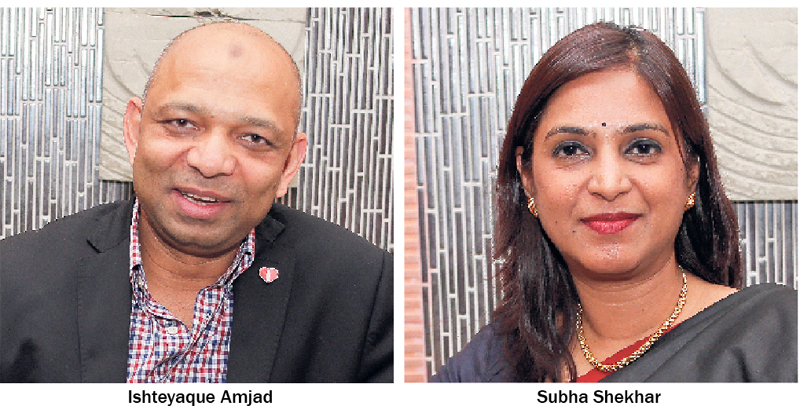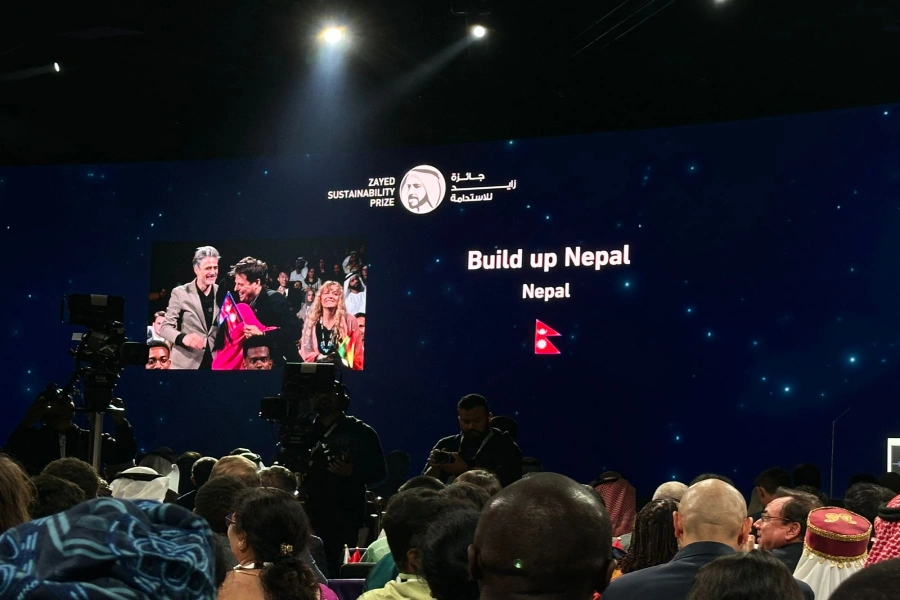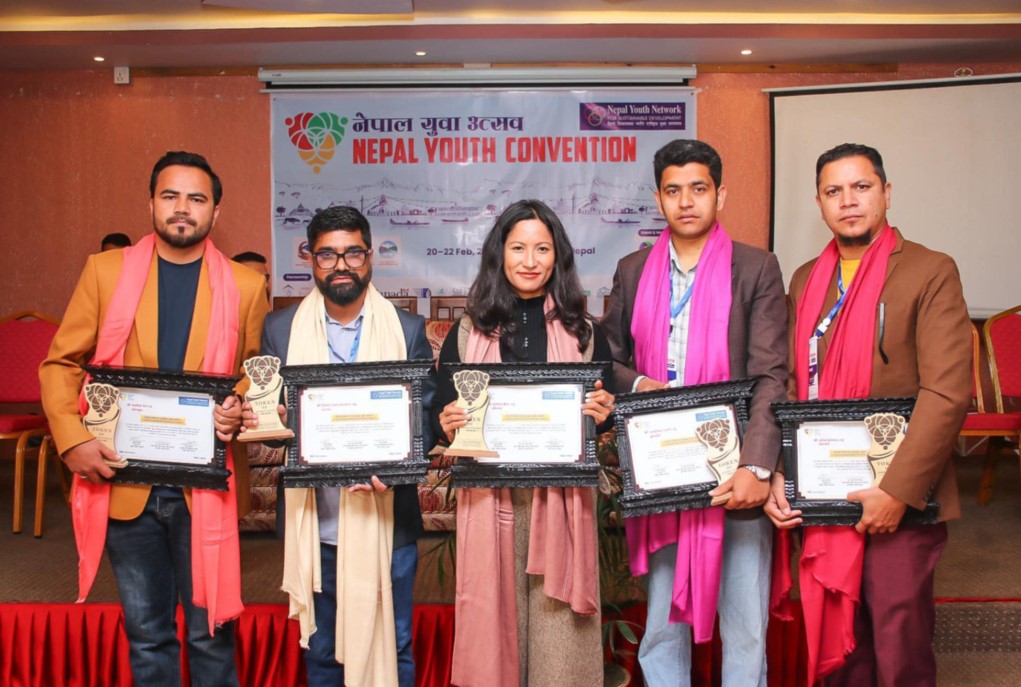Coca-Cola has joined hands with Nepal Army, Nepal Mountaineering Association and Sagarmatha Pollution Control Committee (SPCC) to collect garbage from Everest Region. Sundeep Bajoria, Vice President Operations, South West Asia at Coca-Cola, is in Kathmandu to participate in garbage handover program organized on the occasion of World Environment Day. Bajoria talked to Republica about Coca-Cola's sustainability agendas, among other issues. Excerpts:
Could you please tell us something about Coca-Cola Company and its sustainability agenda?
Sustainability is a part of our business. We, at Coca-Cola, believe sustainability has to go hand in hand with business. Because, when you have healthy communities, businesses go along with that.
Coca-Cola always makes sure that there is healthy environment, healthy communities and engaged youth.
Coca-Cola has partnered with various organizations for sustainability and PET recycling in Nepal. How is Coca-Cola working with government, NGOs and industry groups to make recycling easier and more accessible?
Coca-Cola committed to doing business responsibly

We work on sustainability primarily in three different areas -- water, agriculture and recycling. We do a lot of partnership around water recharge and rainwater harvesting. One of them is the restoration of Bishajari Lake in Chitwan district. We want to make sure that we are using water responsibly and also expanding the water resources available in the country. It is our responsibility to look over the whole ecosystem in the Khageri river basin.
In the second area, we partner with farmers by consuming locally produced sugar and other resources. Similarly, for recycling, we have been partnering with WWF Nepal and startups like Nagar Mitra and Recycling Sathi.
This time, we got an opportunity to partner with Nepalese Army, Nepal Tourism Board, Sagarmatha Pollution Control Committee and different other agencies to conduct a cleanup campaign in Mt Everest.
Is there any difference between global and local market for recycling?
Few years back, we had made a commitment to recharge 100 percent of water that our system consumes within the local communities. The target was to achieve this in 2020. But we achieved it in 2015. Now, we have committed that 100 percent of our packaging would be recycled. That commitment also applies to Nepal. We might achieve the target of recycling even ahead of global timelines because we have partnered with innovative organizations and startups here in Nepal. The process and challenges are like anywhere else. First, we have to do lot of awareness on recycling and start campaigns with government, civil society, NGOs, and municipal corporations. We work for government regulations at the latter stage.
What part of coke portfolio is not recyclable in Nepal?
100 percent of coke packaging is recyclable in Nepal. Almost 60 percent of our transactions are in glass bottles, so we can reuse them. They are the only product in the overall market which we collect back and invest a lot.
Coca-Cola has been launching various campaigns like Momotsav and Celebrating Relationships, among others. How does the company study consumer behavior in Nepal?
We employ lot of resources in consumer research and consumer behavior. Having good insights of the needs of the consumers is the best way for us to address them and to be ahead of everybody else.
What are your expansion plans in Nepal?
We have been in Nepal for 40 years. Over these years, we have been constantly investing to make ourselves relevant. This year we are going to invest Rs 3 billion in Nepal to expand our production line.





























-1200x560-1771928761.webp)









